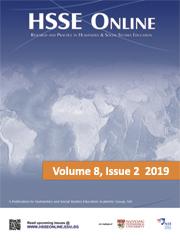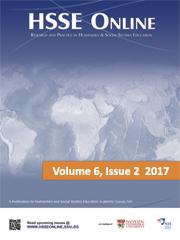Chee Min Fui (National Institute of Education)
Keywords
primary social studies
Primary School
Teaching understanding about Culture
Introduction
Educating the young for multicultural understanding and social cohesion are amongst the most important goals of Social Studies. In the primary school curriculum Social Studies is the school subject with the most potential to help students develop understandings about the complexities of cultural diversity. What is culture? Why are societies or communities different or similar? How can we understand and appreciate our differences? How can diversity be a source of strength rather than a potential for conflict? These are important questions that Social Studies educators must grapple with. In an increasingly interconnected world, Social Studies needs to contribute to the understanding of multiple perspectives from diverse cultures.
It is commonly understood that the population of Singapore is usually classified into three ‘races’ – Chinese, Malay, Indian – and a fourth category known as “Others”. “Others” is a catch-all category meant for those who do not fit neatly into the Chinese, Malay and Indian categories. This categorization is popularly shortened into the acronym CMIO. Racial classification is a legacy of the British colonial administration (Tan, 2004). The CMIO categorization serves to define and order the culture of the different ‘races’ as each group is ascribed a specific culture with its attendant artefacts, festivals, and artistic expressions (Matthews, 2018). Anecdotal evidence suggest that the teaching of identity and culture are closely linked to this racial categorization and dominated by concrete representations especially food, fashion and festival. According to Banks (2001) and Nieto (2000), the approach emphasizing “food and festival” for multicultural understanding is easily accepted as it is safe, accessible and has a celebratory element. The celebratory element has the potential to engender positive feelings and cultivate appreciation. However, the approach can result in students or teachers approaching “ethnic and religious identities” as “special events to be taken note of on designated dates” (Matthews, 2018, p. xxiv) and may not lead to genuine understanding.
This paper would like to propose that broadening and deepening the learning of the concept of culture can help our students to understand cultural differences and similarities across different communities and to better appreciate the diversities in their midst. The paper will firstly describe the concept of culture and then propose several enduring understandings about culture that can guide curricular and instructional decisions. Finally, it will suggest two learning activities that teachers can consider to augment the food, festival and artefacts approach.


